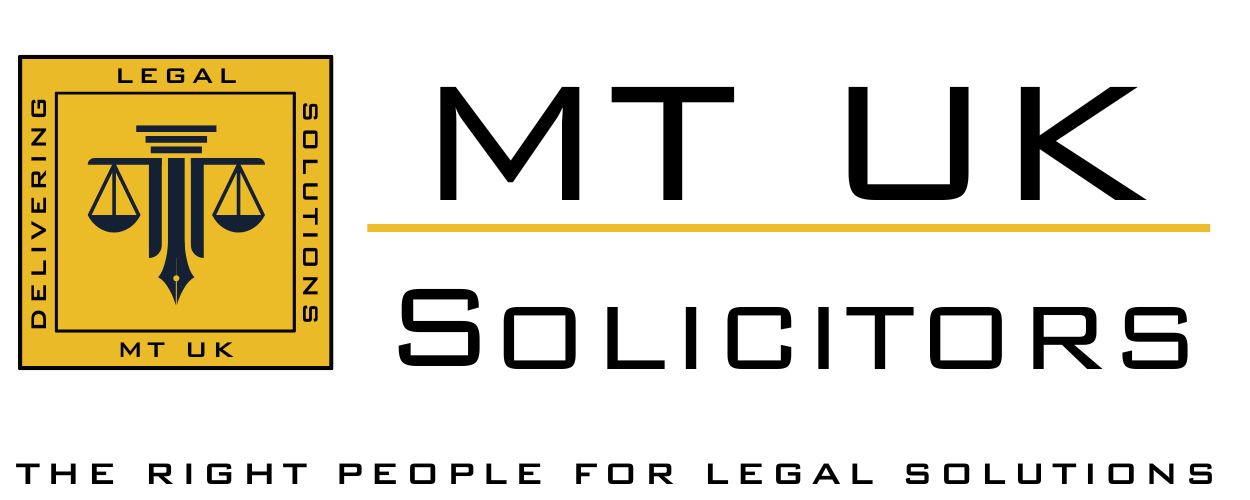By Sam Tobin >>
(21 September 2022)
Witnesses can give evidence in criminal trials from outside the UK via WhatsApp when it is ‘in the interests of justice’, the Court of Appeal said today.
The popular messaging platform, which uses end-to-end encryption, is ‘capable of being regarded as sufficiently secure’ for giving evidence in open court, Lord Justice Holroyde held.
The use of WhatsApp is permissible under temporary provisions contained in the Coronavirus Act 2020 and also under the new regime of ‘expanded powers’ introduced by the Police, Crime, Sentencing and Courts Act 2022, the judge added.
The issue arose in an appeal brought by Abdul Kadir, who was convicted after a trial at Snaresbrook Crown Court of rape, attempted rape and indecent assault and sentenced to 17 years’ imprisonment.
He argued that Judge Caroline English was wrong to refuse to allow his half-brother to give evidence from Bangladesh via WhatsApp, an argument which was rejected by the Court of Appeal in July.
The court held that English ‘did have the power to make a live link direction on the basis that the witness would give evidence via WhatsApp’ under the temporary provisions then in force and that she may have been wrongly informed that she had no power to do so.
But Holroyde, in the court’s reasons for its decision, said that English ‘had no sufficient basis on which she could possibly exercise [the power] in the appellant’s favour’ even if she had been properly informed.
He added that judges also ‘have the power to direct a live link via WhatsApp under the statutory provisions which are now in force, though it would of course be for the judge concerned to make a fact-specific decision in the circumstances of the particular case’.
Holroyde also emphasised the need ‘to bear in mind the principle that one state should not seek to exercise the powers of its courts within the territory of another state without the permission … of that other state’.
Kadir’s lawyers accepted that ‘no steps were taken to establish whether Bangladesh was willing to permit a live link of the kind sought’, which meant that the trial judge ‘lacked vital information in deciding whether … it was in the interests of justice for a live link direction to be made’.
(Courtesy: The Law Society Gazette)








